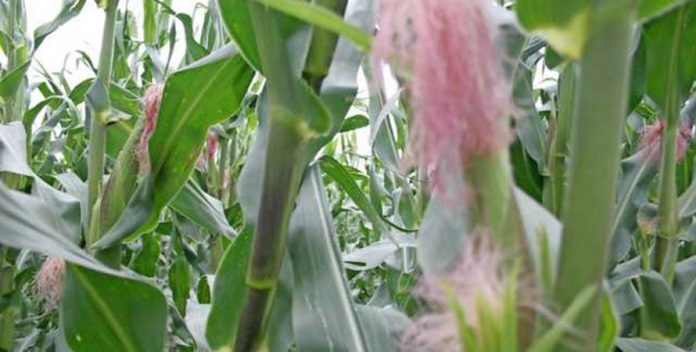By Business Daily
The year 2019 could go down in history as the worst in Kenya’s agriculture sector following serious drought that hit the country. It has subjected thousands of farmers to losses and poses a food security challenge to the nation.
Kenya is among countries whose rain-fed agriculture is in turmoil due to drastic changes in climate, and the pain and frustration among farmers continue to rise daily.
Policy analysts have blamed this woeful scenario on the reliance on rain-fed agriculture and Kenya’s dilly-dallying in adopting Genetically Modified Organism (GMO) crops.
The World Health Organization describes GMOs as “organisms (that is plants, animals or microorganisms) in which the genetic material (DNA) has been altered in a way that does not occur naturally by mating and/or natural recombination.”
It allows selected individual genes to be transferred from one organism into another, also between non-related species.
Scientists from the Kenya Agricultural Livestock Research Organization (Kalro) and the African Agricultural Technology Foundation (AATF) have been pioneering research on GMO maize in Kenya.
The research, which was completed in 2017, showed that the maize, which has been undergoing confined field trials were drought and insect- resistant. But what sounds like a win for farmers, the public and African scientists may soon become a protracted waste of effort that could leave a negative mark on Kenya’s agro-research prominence and reputation. Read more>>



